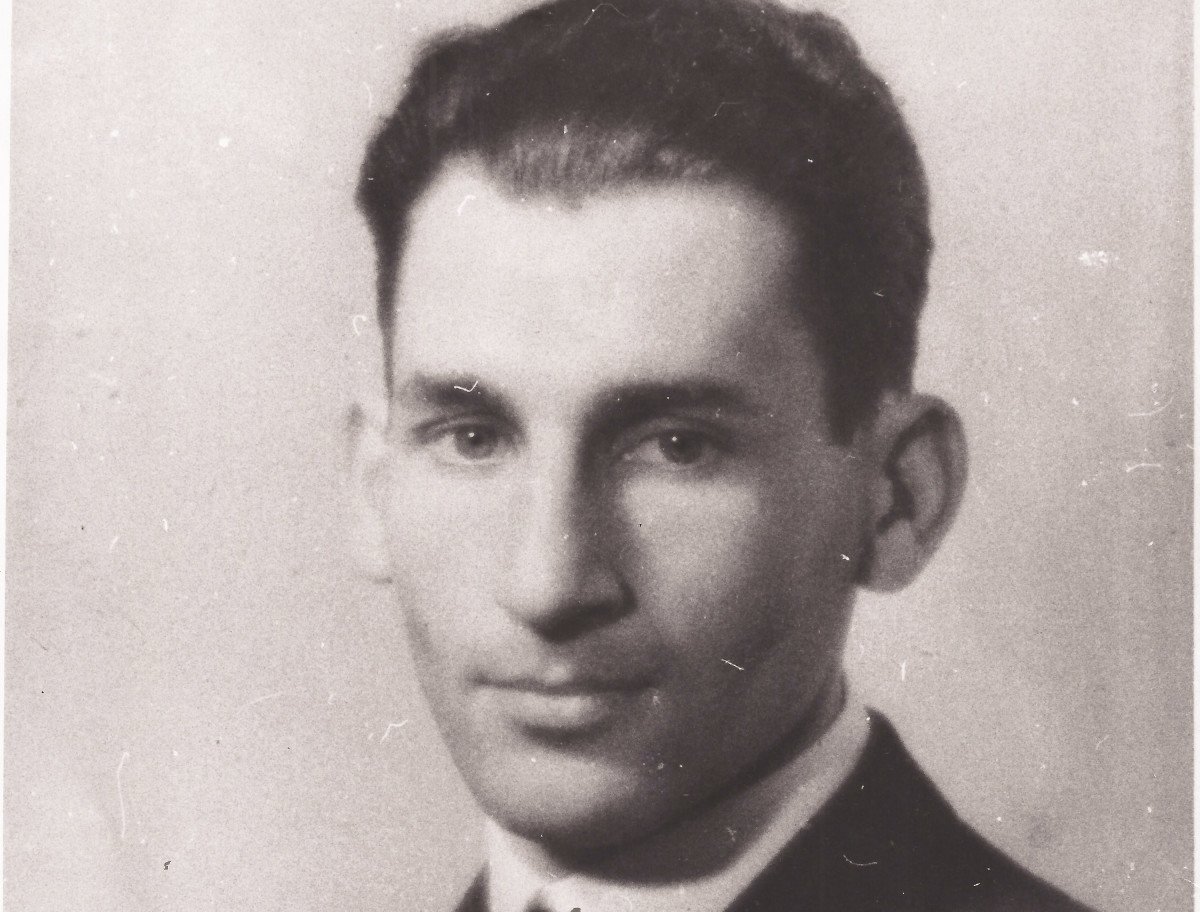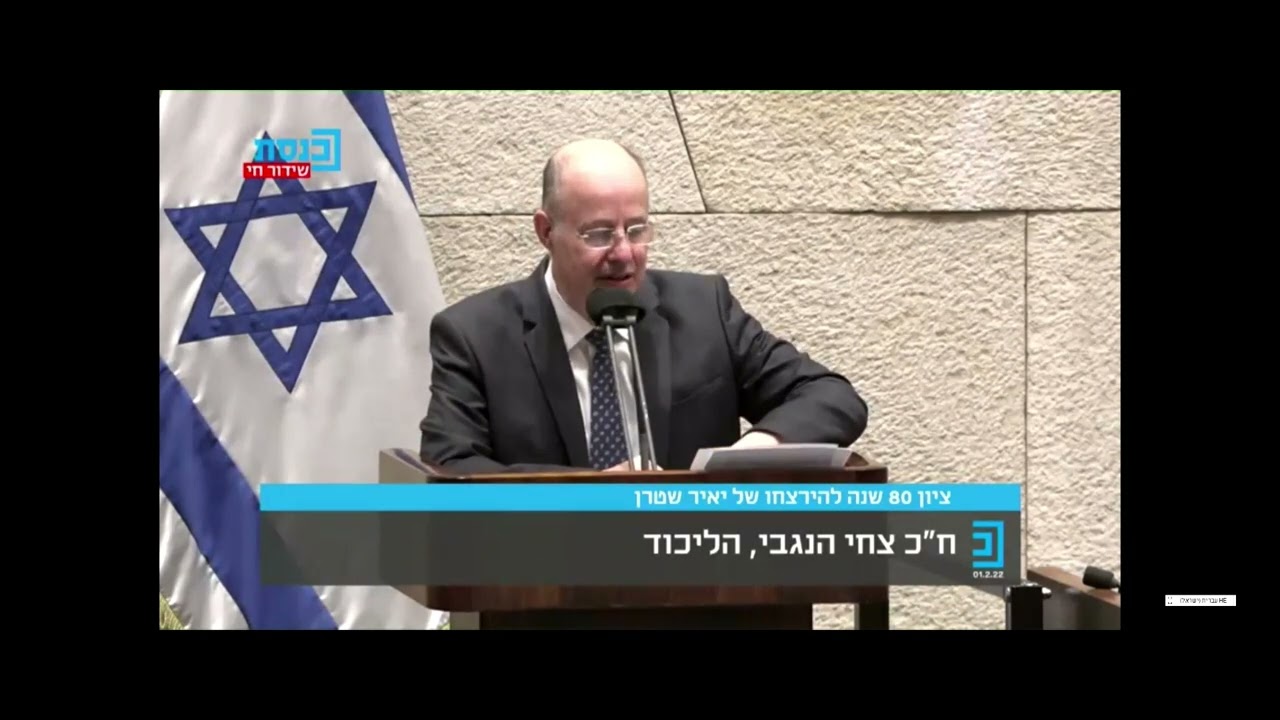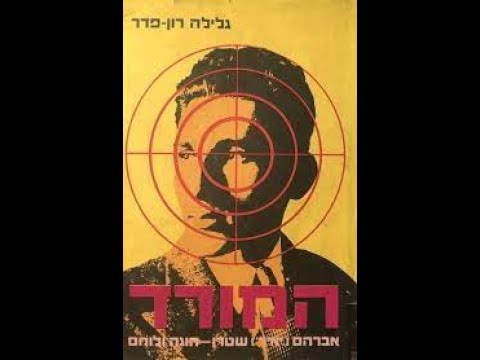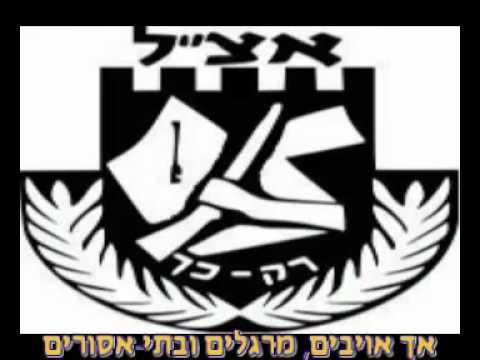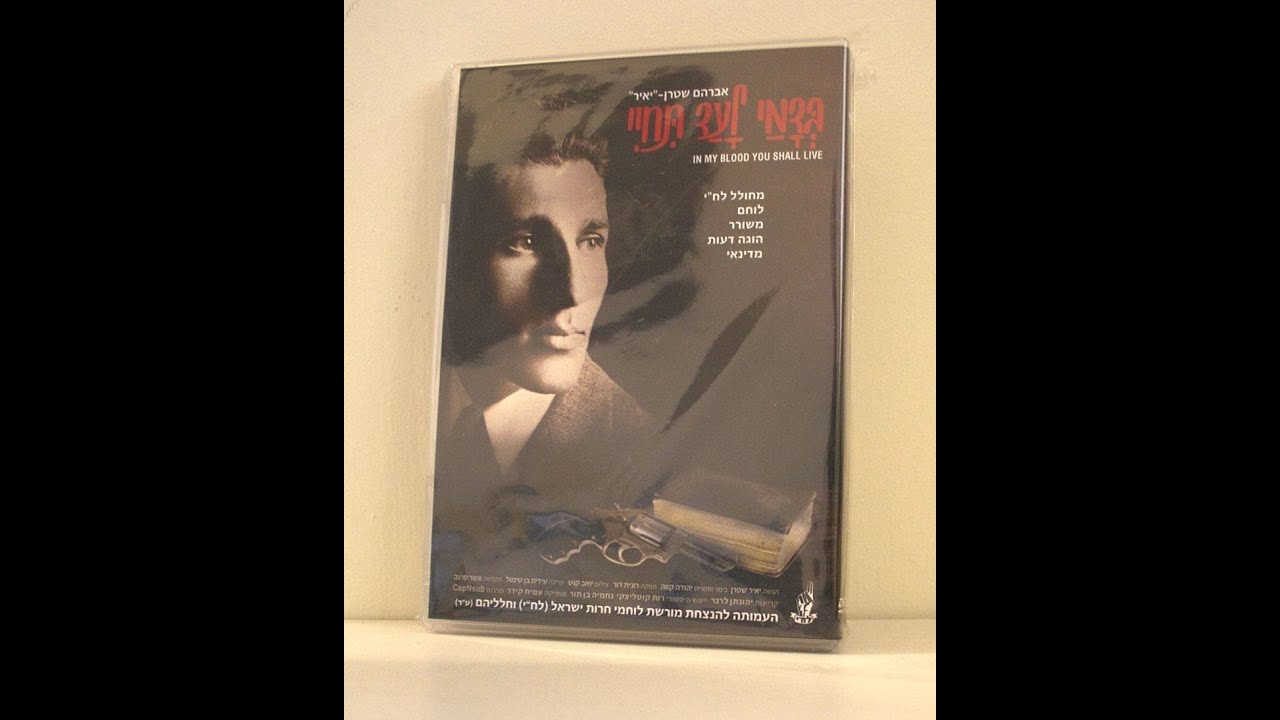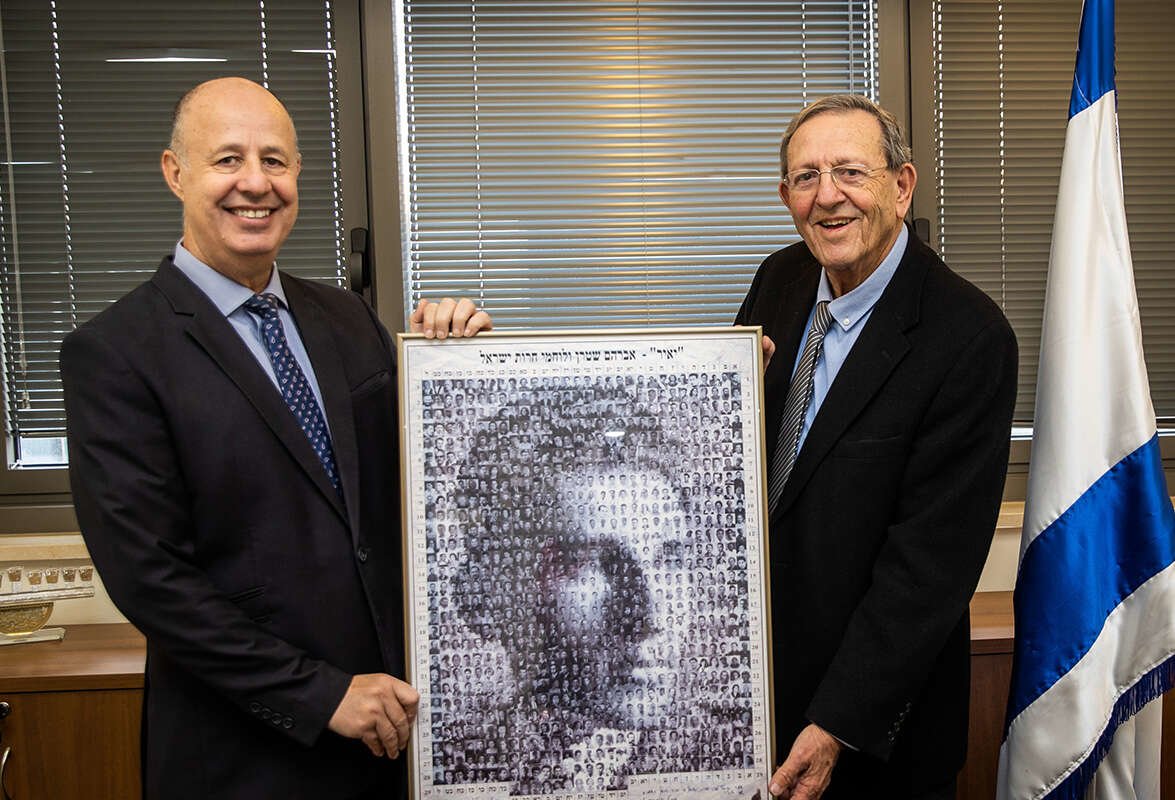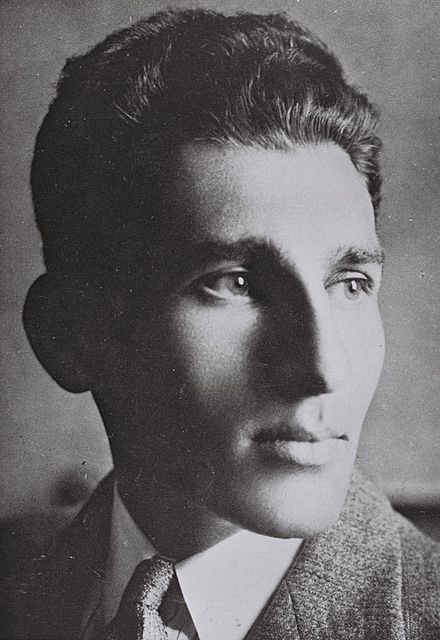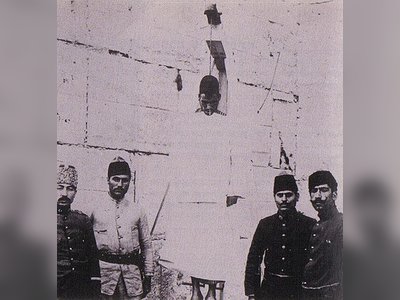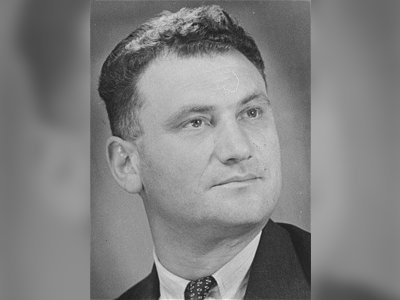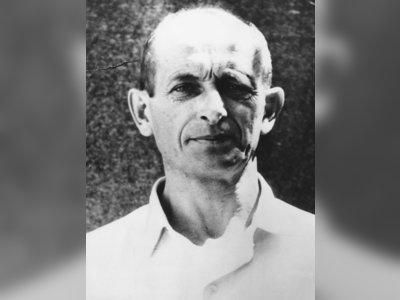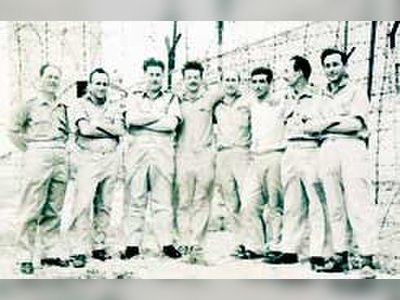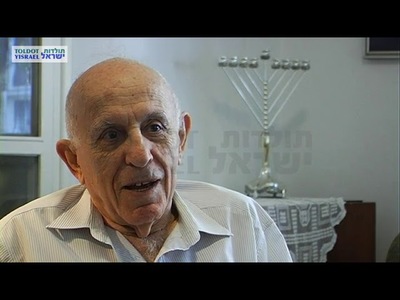Abraham Stern (Yair): The Forgotten Jewish Freedom Fighter and Poet
In the tumultuous era of the early 20th century, a Jewish poet and freedom fighter emerged, leaving an indelible mark on history. Abraham Stern, known by his underground alias "Yair," was born on December 23, 1907, in Sobałki, located in northeastern Poland under Russian rule.
His family, consisting of his dentist father Mordechai and midwife mother Hadassah-Leah, provided him with a secular Jewish upbringing in an environment that valued education and learning for both Abraham and his younger brother David.
The Stern family's life took a significant turn with the outbreak of World War I when their town was occupied by German forces. Abraham's father was arrested by the Germans, and his mother, along with David, left Sobałki for Serniki in Penza Governorate, Russia. Abraham remained behind in the care of his aunt, and he often spoke of the resilience he learned from his aunt during those challenging times.
At the age of ten, Abraham was admitted to a Russian gymnasium in Serniki, excelling academically. Simultaneously, he received private lessons in Hebrew. When World War I ended, his mother returned to Sobałki with David, while Abraham continued his studies.
However, his life took another twist when the Bolshevik Revolution unfolded. At the age of 14, Abraham decided to return to his parents in Sobałki, where he enrolled in a Hebrew gymnasium and was profoundly influenced by Polish romantic literature and the great poets of Poland.
In 1925, Abraham Stern made his way to the Land of Israel (then British Mandatory Palestine). He completed his studies at the Hebrew Gymnasium in Jerusalem, earning his high school diploma.
Stern demonstrated exceptional talents in various arts, including painting, acting, writing, and even attempting a career in theater, which his parents initially opposed but eventually allowed. He later attended the Hebrew University of Jerusalem, excelling academically, and became politically active.
Stern's university years were not without challenges. His parents faced financial hardships, and he had to support himself through scholarships and private tutoring. During this time, he composed most of his poetry, shaping his worldview around the concept of Jewish freedom.
In his personal life, Stern married Roni Borstein, who would later become his wife and the mother of their son, also named Yair Stern (born four months after Abraham's death). Their grandson, Shai Stern, became a prominent television producer and figure within the broadcasting authority, while their granddaughter, Dr. Anat Stern, pursued a career as a historian at the Open University.
Abraham Stern's political journey began with the establishment of the student organization "Chulda," named after the settlement of Chulda, whose defenders courageously resisted Arab attacks during the 1929 Arab riots. During his involvement with Chulda, Stern crossed paths with David Raziel, a member of the "Irgun" organization.
Despite their differing backgrounds (Raziel came from a religious household and began his studies at the Hebrew University after two years in a yeshiva), a deep friendship blossomed between them. In those days, Raziel and Stern served in the Jerusalem defense units under the command of Abraham Tehomi and Abraham Kritzberg.
When Tehomi led a faction within the organization due to ideological disagreements within the leadership regarding the nature of their activities, Raziel and Stern were among his staunch supporters. They subsequently formed a separate organization called "HaHaganah Bet," which later evolved into a significant underground movement.
Stern's poem "Chayalim Almonim" (Unknown Soldiers), written during the 1936-1939 Arab revolt, became the anthem of this organization and, later, the anthem of the Lehi organization.
In 1933, Stern completed his second degree at the Hebrew University and received a scholarship for a Ph.D. program in ancient Greek literature at the University of Florence in Italy. During his brief stay in Italy, Stern focused not only on his research but also on composing dozens of poems, honing his artistic talents. However, he would soon transition from academic pursuits to becoming a central figure in the Jewish underground.
The tumultuous events of 1936-1939 presented dilemmas for Stern and his organization. Abraham Tehomi decided to join the Haganah under favorable conditions, which caused a split within the Irgun. Stern and Raziel led those who remained loyal to Tehomi, believing that a Jewish state could not be established without a completely independent military force.
Abraham Stern's dedication to Jewish independence was unwavering. In his poems and speeches, he proclaimed that they, the "unknown soldiers," were willing to die for their homeland, ensuring its defense for generations to come.
The story of Abraham Stern, the poet, scholar, and freedom fighter, reminds us of the sacrifices made by those who fought for the establishment of the State of Israel. His legacy lives on through his poetry, his dedication to the Jewish homeland, and his unwavering belief in the right to self-determination.
- אברהם שטרן (יאיר)he.wikipedia.org
